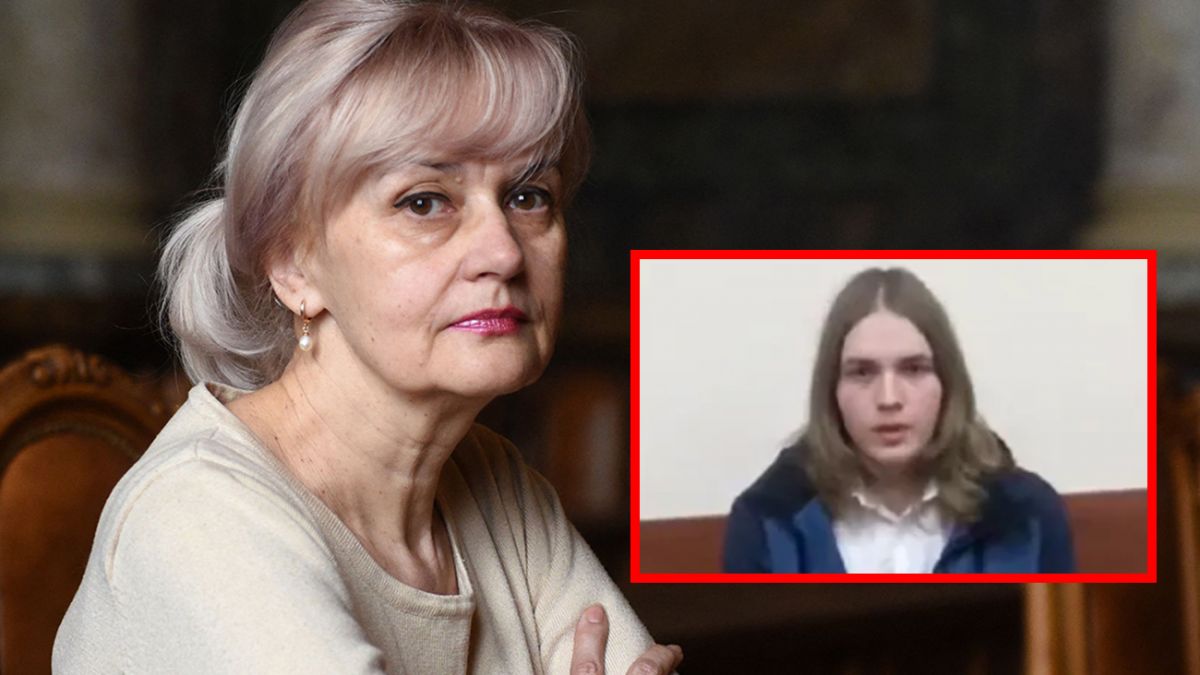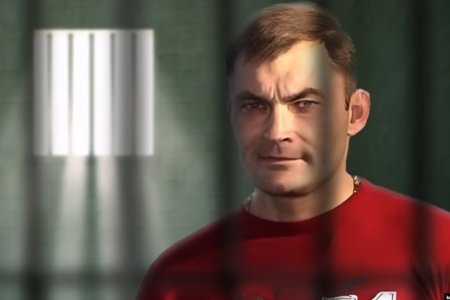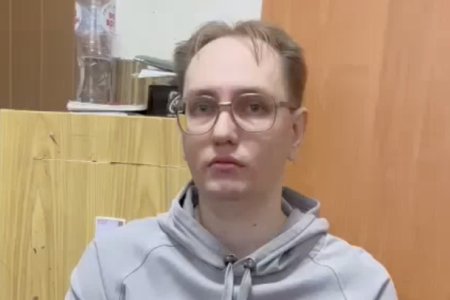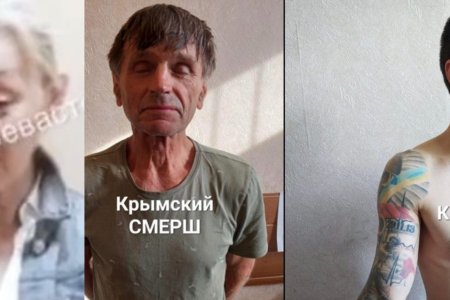
Iryna Farion’s extreme nationalist views have long made the Lviv linguist and Svoboda [Freedom] Party politician a controversial figure. Her recent public claim that Russian-speaking Ukrainian defenders were somehow not ‘real patriots’ had already aroused anger, but this escalated after her criminally irresponsible action on 8 November in revealing the personal details of a young student from Russian-occupied Crimea resulted in totally foreseeable, and very serious, consequences for the young Ukrainian.
Farion was presumably peeved by the anger that her words about men risking – or sacrificing – their lives in defence of Ukraine had provoked. When she received an email from a young student from occupied Kerch expressing support for her position, she decided to boast of this – publicly, together with the young man’s name, his university and city.
Farion’s extreme views and pronouncements, as well as her Telegram channel, are doubtless followed on a daily basis by Russia’s propaganda machine. By 13 November, if not earlier, Russia’s so-called ‘centre for countering extremism’ and the notorious pro-Kremlin Crimean vigilante informer Aleksandr Talipov had come for the young man and forced him to issue a videoed ‘apology’.
During an interview on 6 November, Farion was extremely insulting about Russian-speaking Azov Regiment defenders of Ukraine and even asserted that she would not call them Ukrainians.
Her words were very widely condemned and prompted Ukraine’s Human Rights Ombdusman Dmytro Lubinets to state that he had asked Ukraine’s Police, SBU [Security Service] and Broadcasting Commission to carry out an investigation. He suggested, in particular, that Farion’s words might infringe the laws against discrimination and hate speech.
Such accusations, and the grounds that Farion has given for them, are nothing new. What followed, however, with her publication of Makysm Hlebov’s letter was shocking even for her. Regardless of whether it tickled her ego to receive a letter expressing full support and admiration, it must have been clear to her that the letter made him easily identifiable and that she was placing him in direct danger. She has since tried to deny this, claiming that she cannot know where letters come from. The only way she could have not known was if she hadn’t read Maksym’s letter. Nor will this rub, as she was immediately asked to remove the relevant details and, far from doing so, reacted by attacking the person making the suggestion. She is now even claiming that the scandal she caused is “the latest provocation against her”,
On 13 November, Lubinets stated that he had approached the SBU, asking them to investigate Farion’s disclosure of confidential information. He stressed that “personal data in conditions of war are no abstraction, but protection of life and liberty.”
This is no exaggeration. In the video shown on Talipov’s Crimean SMERSH Telegram channel, Hlebov says that he is in the ‘centre for countering extremism’ and is evidently forced to say that he rejects the views that he expressed in the letter from 7 November to Farion. It is more than likely that he was subjected to physical duress, as well, certainly, as being threatened with serious charges unless he gave such a videoed ‘confession’. There is, unfortunately, no guarantee at all that the video will be deemed sufficient, especially now that Talipov and, doubtless, Russia’s propaganda machine have begun a major campaign to publicize Farion and this whole scandal. Talipov ‘thanks’ Farion and suggests that she has helped “uncover and punish” those whom Talipov follows the Kremlin propaganda narrative in claiming to be ‘Nazis’. “Send us more”, he says.



